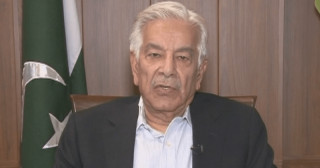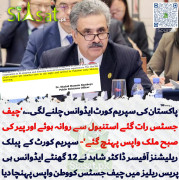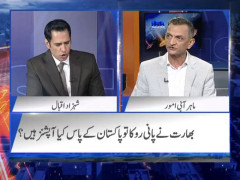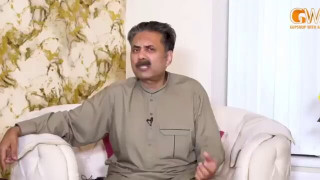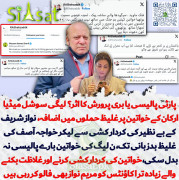If that is the case then what is the difference in going to an Aalim and getting his version of translation or reading another translation/tafseer.
Beauty of Quran is that if you want to learn it as a layman, it will guide you. If you want to read it as a scholar it will guide you. If you want to read it as a student it will guide you.
All you need is sincere intention and effort.
What church did was similar kind of thing. It was not allowed to read the bible for ordinary people. It was only clergy or similar elites of the church who were allowed to go near the bible. Hence the religious mafia were free to interpret bible in whatever way they wanted.
Same is the situation we are facing. We are not encouraged to learn Arabic to understand it and only encouraged to read Quran on certain occasions, mostly if someone is dead. What a shame that we don't read/act on Quran when we are alive and read it when someone is dead.
Are we not disgracing the word of God in this manner?
Anyway coming to the main topic, no doubt teachers are important but if you make a sincere effort Quran is easy to understand.
Also thanx for posting this interesting topic.
I agree to it. But who and how should tell the fanatics who bitterly oppose such an
approach by immediately starting:
i) to emphasise the role of Messenger,
ii) to make a vehement point that unless you read all Hadiths, Commentaries, Tafsirs,
Rawayat, and then stick to some Moulvi of the present age, how you dare to think of Quran.
Once someone has the intention, effort and persistence, the Noor-ul-Huda automatically
comes to your heart and in understanding. Then goodbye to all man made theories, sects,
differences, past personalities worshiping, peers, faqirs etc etc. etc. Quran pours into the
heart of its followers the Noor of Wahidniyat of Allah, then the reader does not call anyone,
does not pray to anyone, does not make any dua through anyone, EXCEPT DIRECTLY TOWARDS ALLAH, and that is not acceptable to many.

